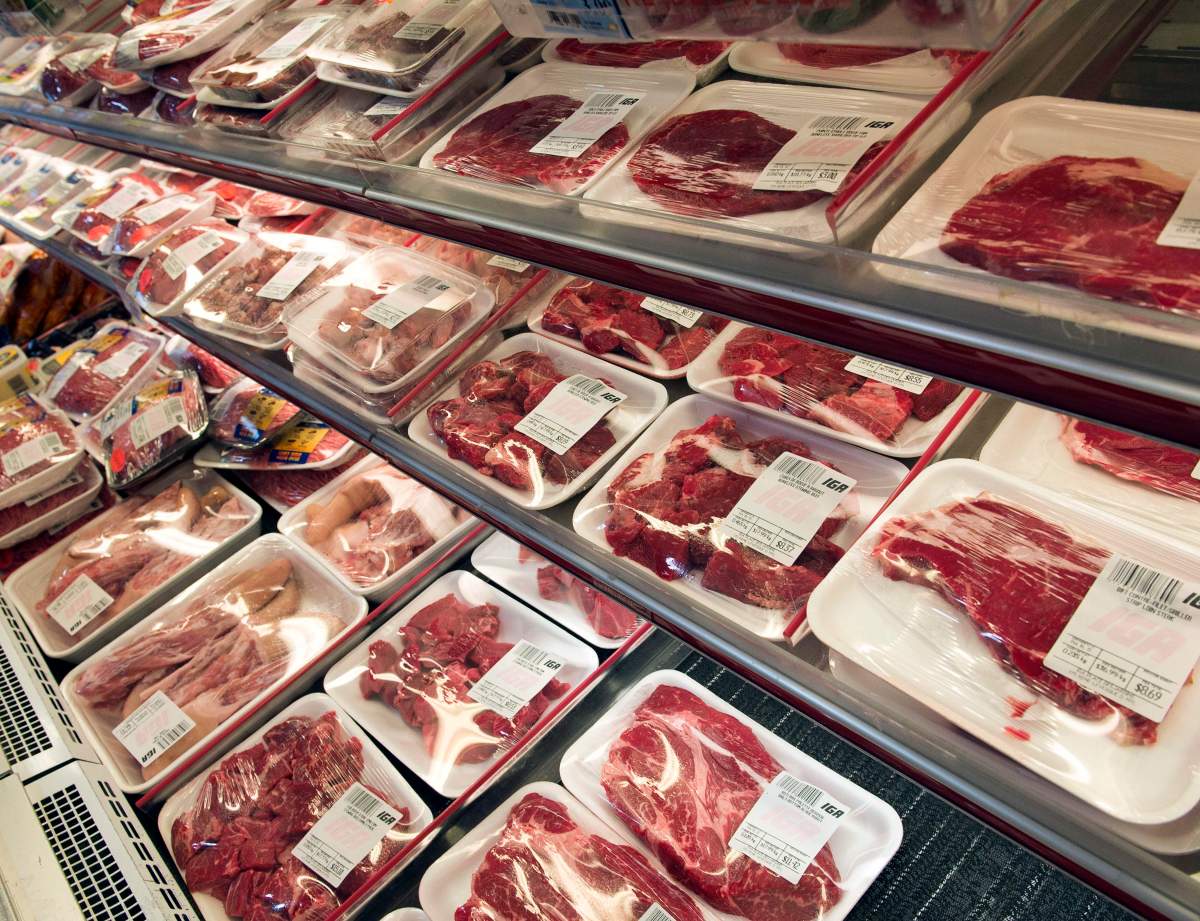SASKATOON – Saskatchewan’s agriculture minister is calling on the United States to fully repeal country of origin labeling (COOL) for pork and beef. The call comes at the same time as the federal government called for an outright repeal or face retaliation.

“The U.S. has had more than enough time to do the right thing and fully repeal COOL for beef and pork,” said Saskatchewan Agriculture Minister Lyle Stewart.
“If COOL isn’t fully repealed for beef and pork, we will get to the point where retaliation is inevitable.”
READ MORE: Four ways meat labelling changes could benefit Sask.
It’s a point reiterated by federal Agriculture Minister Gerry Ritz.
“Should the U.S. move forward with their short-sighted proposal, Canada will have no choice but to impose billions of dollars of retaliatory tariffs on U.S. exports,” stated Ritz.
READ MORE: Ritz hopes retaliation against US in meat labelling dispute won’t be needed

Get weekly money news
The World Trade Organization (WTO) ruled in 2012 that COOL was discriminatory to Canadian hog and beef exports. A final ruling in May of this year reaffirmed that decision, saying COOL is inconsistent with international trade commitments.
The U.S. House passed a bill in June that would allow for the outright appeal of COOL for beef and pork. It stalled after two U.S. senators introduced a bill to establish voluntary labelling for pork and beef products from the U.S.
“Senators Hoeven and Stabenow’s proposal in no way reflects Canada’s voluntary labelling regime – any suggestion of this is blatantly false. A voluntary regime as they propose does not require legislation,” said Ritz.
READ MORE: Canada upset with latest U.S. move in trade spat
Canada is set to impose up to $3 billion a year in tariffs on a wide range of products imported from the U.S. if COOL is not repealed.
“By continuing the segregation of and discrimination against Canadian cattle and hogs, Senators Hoeven and Stabenow’s proposed measure will continue to harm farmers, ranchers, packers, retailers and consumers. It will cost American families thousands of jobs, and guarantee Canadian retaliation,” said Ritz.
“While the costs for both Canada and the U.S. will be enormous, the U.S. must comply with their trade obligations,” added Stewart.
It is estimated that Canada’s industry has suffered billions of dollars in damages due to price declines, lost sales and added costs since COOL was introduced in 2008.






Comments